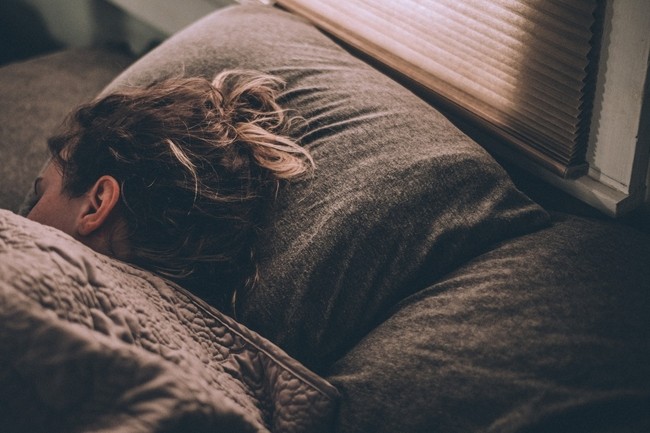
Image source: https://unsplash.com/photos/rUc9hVE-L-E
Many professionals often sacrifice sleep to get more things done. If we’re talking about one or two nights, this is not something to be extremely concerned about. However, if sleep deprivation becomes a regular habit, it can result in various mental and physical health issues, which can also affect your professional success.
If you’re not convinced, let’s talk some more about sleep deprivation, its consequences, and how to avoid it.
What Happens When You Lose Sleep?
Depending on how much sleep you’ve lost (one night, two nights, or many more), the effects of sleep deprivation can vary from mild to those that can severely affect your health. Drowsiness, for example, is considered one of the mild effects. While it doesn’t seem too serious, drowsiness can harm your productivity, and it can even be a public safety hazard if you are driving to your office.
Loss of sleep impairs attention, concentration, alertness, and problem-solving – all the things you need for a productive day at the office. When you lose sleep, you deprive your brain of the opportunity to consolidate memories, so you may become forgetful.
Lack of sleep also leads to mood swings, which can make you anxious and aggressive. Now, that’s definitely something you don’t want when you’re working with a lot of people in the office or if you have important meetings to handle.
Furthermore, losing sleep can impair your health and cause serious damage, such as high blood pressure, heart attack, diabetes, stroke, and depression.
How to Catch up on Lost Sleep
Other than preventing the consequences of losing sleep, you need sleep to maintain a healthy immune system. That way, you’ll avoid catching colds and viruses that could keep you away from your regular chores and work. Regular sleep also boosts mental wellbeing and keeps you alert.
So, obviously, you need it. But how can you compensate for all the lost sleep?
If you have weeks and months of restricted sleep, this will not be simple.
Start by changing your routine. Try to add extra two hours to your sleep by going to bed earlier.
Don’t worry if you can’t fall asleep right away, as some healthy bedtime habits will help you change this. For example, you can get rid of all digital distractions an hour before going to bed. Instead of scrolling through your phone, get a warm bath and read a few pages of a book to get yourself into a relaxed state.
Also, a bedroom facelift can be very useful for creating a peaceful sleep oasis Here are some tips for handling this project:
- Get a comfortable, supportive mattress that will match your most common sleeping positions.
- Paint the walls in soothing cool colors.
- Adjust the room temperature to the ideal 65 degrees Fahrenheit (18.3 degrees Celsius), or consider Chilipad bed cooling systems to redefine cool sleep.
- Make sure the room is sound-proof.
- Your window treatments should prevent street lights and car lights from getting into the room.
- Make sure your bedroom is clutter-free. Clutter causes stress, which can affect your ability to fall and stay asleep.
Also, changing your daily habits can help you get enough sleep. This means getting rid of some bad habits, such as drinking alcohol, eating processed and fried foods, and sitting too much. Instead, devote some time to nurturing a healthy lifestyle, which includes physical activity and a balanced diet.
If work-related stress is keeping you up at night, try to leave it at the office. Speaking to a licensed counselor can help, but some people find that yoga, meditation, and deep breathing exercises help them fall asleep faster and get a sound rest. If that’s not working, you can have some extra help with organization and stress relief by having a personal robotic assistant (the future is definitely here).
How Much Sleep Do You Need?
According to the National Sleep Foundation, adults need between seven and nine hours of sleep each night. However, sleep requirements vary from person to person and across the lifespan.
Other factors that can influence how much sleep you need are your individual needs, activity level, and overall health.
While seven hours may be ideal for some people, it’s not necessarily enough for you. Pay attention to your productivity levels after seven hours of sleep and try to see whether they are higher when you get more shut-eye.
Certain health conditions can also mean you require more rest than an average person. Naturally, if you’re very active and spend a lot of energy, you’ll need more sleep too.
Labor-intensive jobs will use up more of your daily energy and ask for more sleep. Sufficient sleep is particularly important for jobs that include operating heavy machinery or other activities that require full alertness.
Finally, you need to answer the question: do you sleep more on weekends than on a typical workday?
Final Word
Losing sleep over work will rarely get you the rewards you’re after. Even if it helps you get more done, it will come with a price. You will become less productive and lose focus, which will inevitably lead to making mistakes and wrong decisions.
